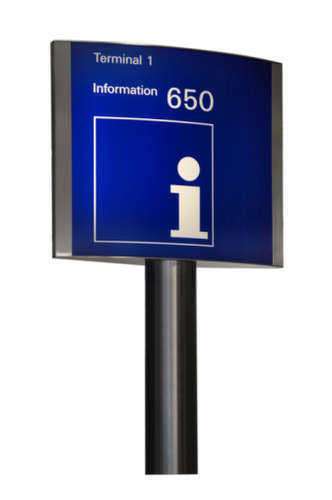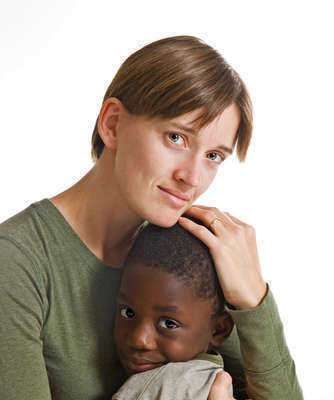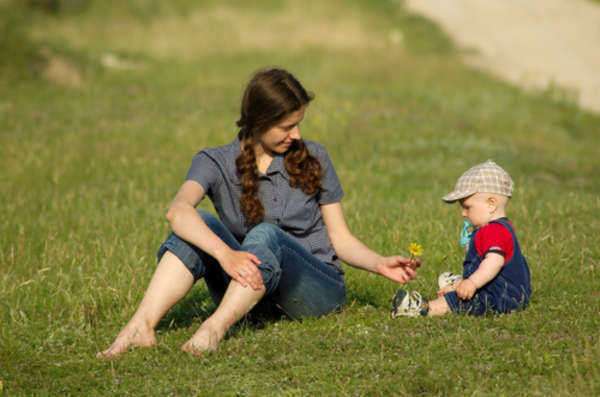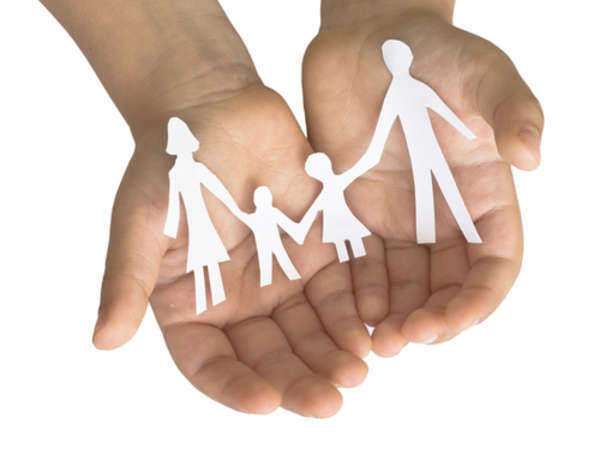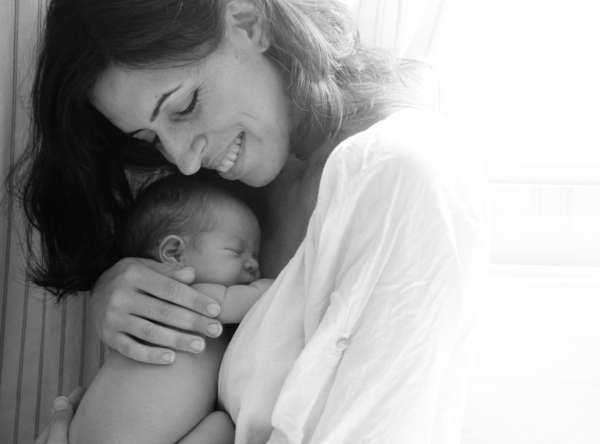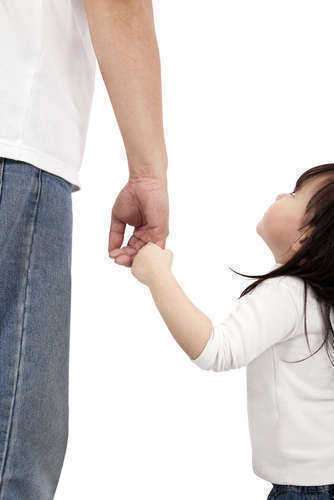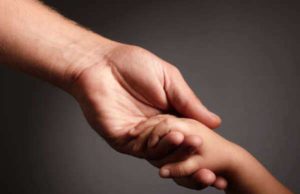Nebraska Adoption
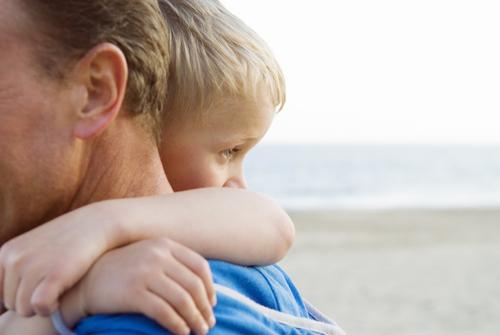
Quick Guide to Nebraska Adoptions
Nebraska Adoptions
There are generally three ways a Nebraska adoption usually occurs: privately, through the Department of Health and Human Services (DHHS), or through a national program. Each type of Nebraska adoption is discussed within this article.
If you are thinking about a NE adoption, you are usually advised to hire a Nebraska adoption attorney (especially if you are seeking a private adoption). The Nebraska adoption process is highly complex, and although some adoptions remain simple, it’s still a good idea to hire an attorney.
Laws for New Nebraska Adoptions
Most laws for NE adoption are located in Chapter 43 of the state’s revised statutes. Additionally, the DHHS provides valuable information about requirements for NE adoption.
Each adopting parent and anyone in the house 18 years or older must go through a number of background checks before they can qualify for a NE adoption. The background checks for Nebraska adoptions include a federal background check, Central Register child abuse and vulnerable adult abuse, Register of State and National Criminal History, and Sex Offender Register.
Additionally, the adopting parents must usually complete an application and self-study for Nebraska adoptions. The study asks many of the same questions that will be asked during a home study, and home studies are required for any type of Nebraska adoption.
Children are usually placed by the court, the DHHS, or a private NE adoption agency, but in some cases, a private adoption may occur. Different kinds of Nebraska adoptions are discussed in the following section.
Different Types of Nebraska Adoptions
As mentioned above, a Nebraska adoption can occur privately, through the DHHS or private agency, or through a federal or international program. Each type of New NE adoption is discussed below:
Private Adoption
Private Nebraska adoptions between birthmothers and the adopting parents require the assistance of a family Nebraska lawyers, and this type of adoption is still common within the state. A private Nebraska adoption can become complicated if a birthmother hands over her parental rights but then decides to keep the child.
In any case, a private NE adoption will still need the approval of the court after investigation from a social service professional. If couples are thinking of a private adoption, they need to consult with a Nebraska adoption attorney before anything.
Adoptions through the DHHS
If you want to petition for a NE adoption through the DHHS, you will normally help children who can no longer report back to their homes because of neglect, abuse, or other serious problems. Some of the services offered by the DHHS are for foster children, but a NE adoption is an option in many cases.
Federal Program
One of the most successful federal programs for foster children is the AdoptUSKids found at the following link:
In order to adopt through this program, you’ll have to fill out an application and complete pre-service training. You’ll find more information on these requirements in the link above.

